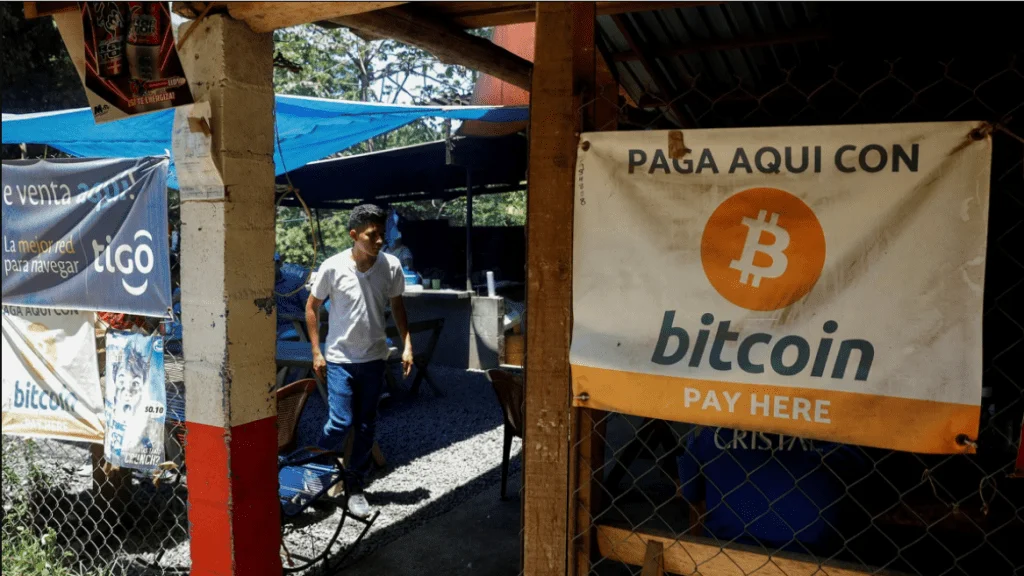El Salvador’s central bank chief does not believe that the recent Bitcoin adoption action will have a negative impact on the country’s efforts to acquire an IMF loan.

In an interview with Reuters, Douglas Rodriguez, the president of El Salvador’s Central Reserve Bank, downplayed concerns that the country’s adoption of Bitcoin (BTC) as legal cash might jeopardize plans for a $1.3 billion loan facility from the International Monetary Fund (IMF).
According to a report published on Tuesday by Bloomberg, Rodriguez claimed that the central bank does not perceive any problems related to the Bitcoin Law, even as it seeks to secure an extended credit facility from the International Monetary Fund.
Even El Salvador’s central bank, which has classified the country’s Bitcoin Law as solely containing “upside risks,” stated that a BTC bull run may cause the country’s GDP to grow by nearly nine percentage points more than initially predicted.
Rodriguez claims that the central bank has clarified to the International Monetary Fund that “Bitcoin is merely a payment method.”
El Salvador’s government believes Bitcoin acceptance is increasing, with more people selling their United States dollars to purchase bitcoin.
The uncertainty surrounding the outcome of the IMF negotiations, as well as the recent introduction of Bitcoin as legal cash, appear to have had a substantial impact on the country’s credit rating.
El Salvador’s bonds suffered a steep fall in September as a result of the country’s “Bitcoin Day,” which increased the importance of the conclusion of the IMF loan agreement even further.
Achieving IMF loan facility approval, according to central bank estimates, might be critical in ensuring El Salvador’s access to the global market in 2022, with the country’s external debt reaching $18.45 billion in the second quarter of 2021.
Officials from the International Monetary Fund (IMF) have condemned El Salvador’s acceptance of Bitcoin, calling it “an inadvisable shortcut” that might have catastrophic ramifications for the country.
One of the potential systemic concerns posed by recognizing Bitcoin as legal tender, according to critics from within the mainstream financial sector, is volatility and money laundering.

